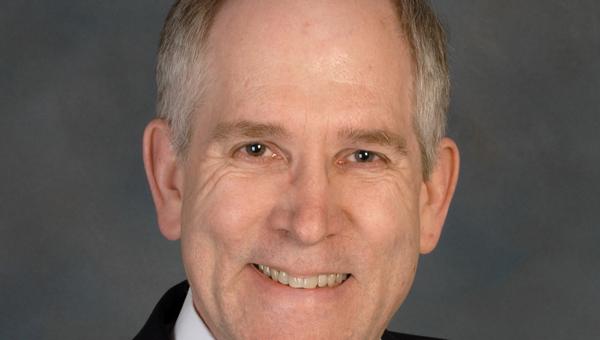The goal of the 16th Annual Rural Health Conference is to push the understanding of individual, clinical and community healthcare in rural Alabama.
The conference will be held April 17 from 8 a.m. to 5 p.m. in the Ferguson Student Center on The University of Alabama’s campus and is open to healthcare professionals, community and government leaders, policymakers, researchers and others who aspire to make a difference in community rural health, according to the RHC website.
“The Rural Health Conference is hosted by the Institute for Rural Health Research,” said Leslie Zganjar, director of the College of Community Health Sciences Department of Communications. “This conference is one of its biggest projects for the year, and this year they are having what we are calling a cooking challenge put on by a chef employed by the Tulane University School of Medicine.”
Chef Leah Sarris, the first full-time chef employed by a medical school, is the program director of the Goldring Center for Culinary Medicine at Tulane, according to the RHC website. Sarris will be allotted $149.77 to buy a week’s worth of healthy food for four and prepare meals at the conference. Her challenge is buying all the food in a rural area of Alabama where grocery stores that sell healthy foods, or even grocery stores in general, are sparse, Zganjar said.
“She teaches medical students, resident physicians and she also works with patients to educate them on healthy food and how important diet and food is to health,” Zganjar said. “Eating the right kinds of foods can reduce obesity, diabetes … things like that.”
The state of Alabama is ranked No. 43 of 50 in terms of highest obesity rates in the U.S. with over 32 percent of its population having a Body Mass Index (BMI) of 30 or higher. No state has a population with less than 20 percent population obesity, according to America’s Health Rankings online. Sarris, in her profession, teaches the importance of healthy eating to reduce obesity.
Also speaking at the conference is Dr. Daniel Mareck, chief medical officer of the Federal Office of Rural Health Policy in the U.S. Department of Health and Human Services. He has practiced as a family medicine physician for 19 years. Mareck spent 12 years working primarily with the Rural Physician Associate Program at the University of Minnesota Medical School.
A poster presentation hosted by coordinator Dr. Melanie Tucker is also on the agenda for the conference.
“The poster presentation is divided into two categories: students and what we call professionals,” Tucker said. “Health is so broad, so poster submissions usually must only be health related. They encompass so much more. Health is beyond medicine.”
Poster abstracts are submitted from all over the Southeast every year – mostly by students and faculty – and are hand-selected to display for judgment at the conference. Two judges, usually faculty on campus, award first, second and sometimes third place titles to participants in both categories, said Tucker. She said they judge based on rigor of research, readability and physical appeal.
“Poster presentations are sort of networking opportunities,” Tucker said. “People are always very intrigued by student ones.”
Although the Rural Health Conference provides networking opportunities, keynote speakers and events like the cooking challenge, it also encourages start-up projects for community health.
Pamela P. Foster, deputy director of the College of Community Health Sciences Institute for Rural Health Research, has worked with the institute for eight years, focusing primarily on minority health and preventative medicine. Foster said the institute partners with communities and other organizations to plan projects to raise health awareness in rural areas of the state.
“Within the sessions [at the conference], we can share what has seemed to work best within a community,” Foster said. “We see us at the University in a place to give cutting-edge, evidence-based approaches to solving problems.”
Attendees must register and pay in advance. More information about registration and fees for the conference can be found at rhc.ua.edu.







